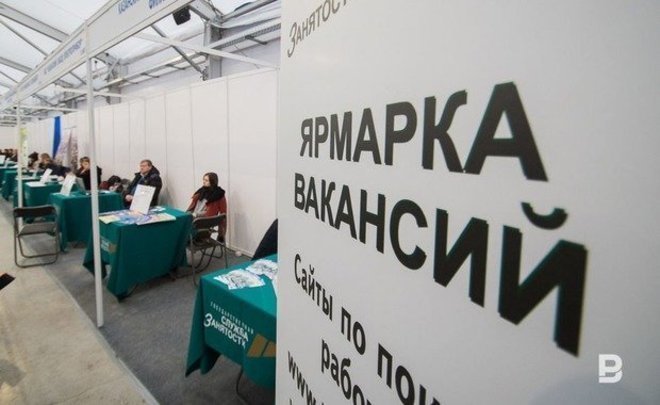Accounting Chamber of Tatarstan reveales a non-working incentive for employers

Interest is higher — fewer employed
The State Council of Tatarstan spoke at a meeting of the Committee on Social Policy about unemployed disabled people, the million rubles unclaimed by employers for the equipment of special “disabled” workplaces, and the reasons for a decline in federal funding of social benefits for unemployment on 16 January.
Auditor of the Accounts Chamber of the Republic of Tatarstan Ilnur Mubarakov presented to the meeting participants a report on the results of the audit of budget funds use effectiveness allocated for the implementation of measures to promote employment in 2020-2022.
Mubarakov noted the fact of “an increase in the number of employed citizens”:
“The number of citizens who applied to employment centres in search of a suitable job in 2020 amounted to 159 thousand people, in 2021 — 90 thousand, in 9 months of 2022 — 57 thousand. Sixty-one thousand people were employed in 2020, this is 38% of the number of job seekers, in 2021 — 59,8 thousand people, and this figure was already 66%.
But no matter how you play with the percentages, in absolute terms, those who applied — that is, those who believed in the possibility of assistance from employment centres, as well as those employed by them, are getting smaller every year.
Unclaimed subsidy
The situation with the disabled looks even less optimistic. In 2020, 3,677 disabled people applied for employment in employment centres, in 2021 there were already 3,338 fewer, and in 9 months of 2022 — only 1,875. The auditor of the Accounting Chamber did not say how many of them were employed, but only noted that the share of employed from the total number of applicants has increased from 47% to 64%.
Ilnur Mubarakov said that unfortunately it is not possible to encourage employers to create new jobs for disabled people by the method invented in Tatarstan:
“Planned appointments for the provision of subsidies to reimburse part of the costs of employers for the creation of special jobs for the employment of disabled people within the quota, including for disabled people in need of an accompanying person, in the amount of 1 million 104 thousand rubles annually are not used.”
Mubarakov noted that it is necessary to “strengthen preventive work with employers to fulfill their quotas for hiring disabled people”, however, he made it clear that subsidies provided by republican legislators in the end are likely to remain unclaimed, and it is necessary to encourage them to accept disabled people to work by other methods:
“In order to further stimulate employers, we propose to initiate the possibility of establishing tax benefits for organisations employing disabled people in the form of a reduction in the income tax rate or exemption from paying corporate property tax in the amount of the organisation's expenses for the payment of disabled people and exemption from paying transport tax.”
He announced the results of a survey of employers and disabled people conducted by auditors. It turned out that employers are aware that they have benefits for the employment of disabled people, but they are not satisfied with the low level of professional training of disabled people and problems with creating an accessible environment. And only 50% of the disabled people surveyed believe that they have the opportunity to find employment. They listed the difficulties they face: employers refuse them employment, pay little and do not have specially equipped workplaces.
Fair — to meet, not to get a job
In general, as follows from the information announced at the meeting of the Committee on Social Policy, during the period verified by the Accounts Chamber, the financing of measures to promote employment of the population amounted to more than 11 billion rubles.
“During the audit, it was found that according to the results of job fairs held by the employment centres of certain municipalities, the employment of citizens did not take place. In order to correct such facts and stimulate the employment of unemployed citizens experiencing difficulties in finding a job, it is also advisable to intensify activities on vocational guidance, social adaptation and psychological support for this category of unemployed," the auditor noted.
Later, Deputy Minister of Labour, Employment and Social Protection Klara Tazetdinova responded to this criticism by saying that job fairs are organised so that job seekers can “communicate with many employers at once” without knocking on the doors of all enterprises.
A separate problem, apparently, is the issue of employment of young applicants — aged 18 to 25 years, who have secondary vocational education and look for a job for the first time. In 2020 and 2021, the employment centres were supposed to employ 165 such workers, in 2022 — 156. And 19% of the plan were employed in 2020, 36% — in 2021.
"[Applicants of] this category, in principle, not so many come [to employment centres]," Clara Tazetdinova retorted. “In the composition of the unemployed, the share of this category is decreasing in our country.